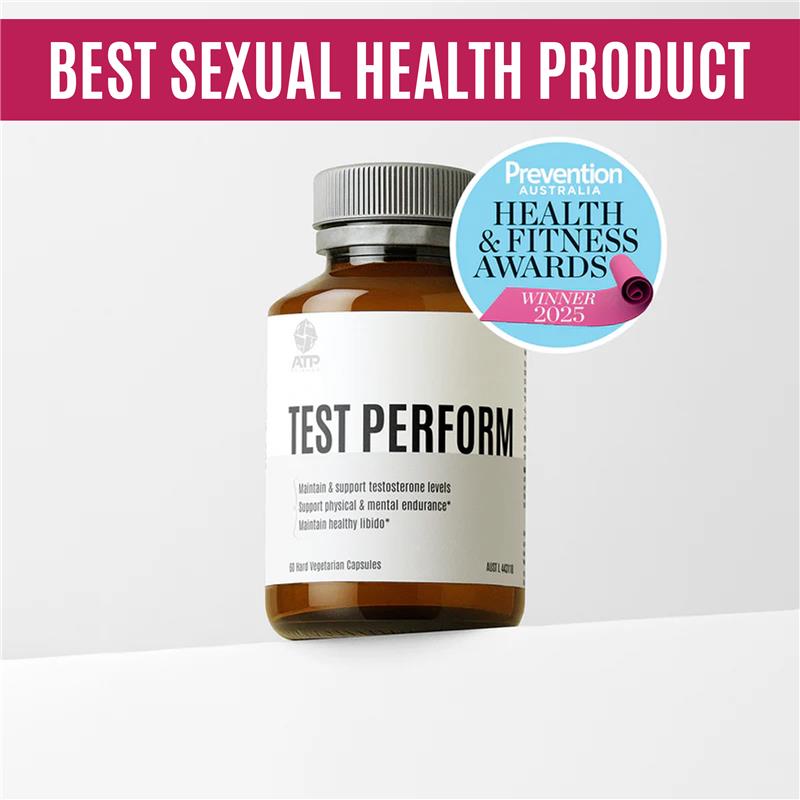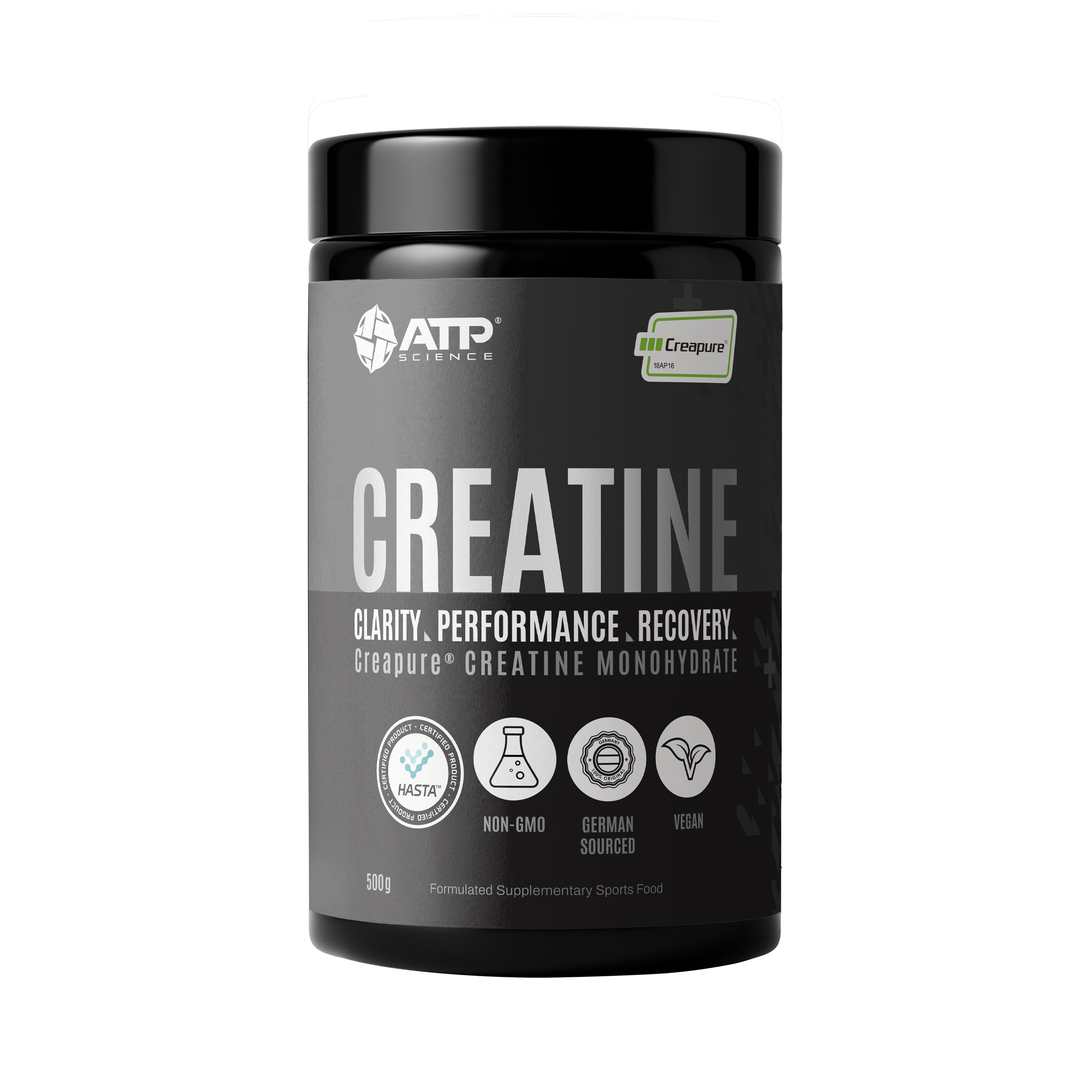How to support my body during menopause
Menopause is inevitable. It happens to every single woman. While it’s often dreaded, menopause is not a sickness or disease, it’s a normal physiological transition. If you’re going through menopause, YOU ARE NORMAL AND AMAZING. Remember how you came through puberty smarter and wiser? Just think how smart and wise you’ll be when you’re on the other side of menopause! Let’s talk about how you can support your body during this important transition.
What is menopause?
Menopause is the time in a woman’s life when her period stops. For some women, this can be accompanied by uncomfortable symptoms. While others are lucky enough to glide through without feeling too much at all. It’s important to understand the different phases of menopause so you can target your support options.
Perimenopause
When you’re “going through menopause” you’ll be in the perimenopause phase. This includes the years leading up to the big finale and will usually start when you’re in your 40s, but can start earlier for some women. This period can last for 5-10 years and usually consists of irregular periods, longer or shorter cycles and variations in flow due to the ovaries' fluctuations in oestrogen and progesterone production.
Menopause
This is when you have completed the transition phase and have had your final period—up until 12 consecutive months of no period.
Post-menopause
Once you’re period-free for 12+ months, you’ve reached the post-menopausal phase. Typically, the worst menopause symptoms such as hot flashes, mood changes, night sweats and lack of sleep happen during the perimenopausal phase. While these symptoms often become less severe and can disappear post-menopause, other complaints can linger, such as differences in sexual function/drive, easier weight gain, cognition and memory changes and joint and muscle aches. This is why it’s important to understand that your hormone levels have changed for the long term, and to support them moving forward.
What can you do before menopause begins?
If you’ve stumbled across this blog and menopause is still a distant thought away, then this section is for you. The habits you form now will help your older self out. Imagine delaying or even gliding through menopause without all the horrific symptoms you may have heard about. Research shows that diet and exercise patterns are associated with how early women experience menopause and the health challenges it can bring such as osteoporosis, increased risk of fractures and cardiovascular disease.
Things that can help:
- Regular weight resistance training can help to support a healthy bone mineral density, which can help to offset losses that occur during menopause and reduce the risk of osteoporosis (1).
- A balanced diet containing healthy fats, good quality protein and a small serving of complex carbohydrates at every meal can help support hormone health, as well as adequate vitamin and mineral levels. It sounds simple, but if you have this down to an art most days already, you’ll be more likely to move into menopause with ideal vitamin and mineral levels to support your body during the transition. Studies show that adequate vitamin D and calcium levels, as well as the consumption of protein, fruits, legumes and oily fish while not being deficient in calories, can help delay menopause symptoms (2–4).
What causes menopause symptoms
You may be surprised to learn that menopause symptoms can start in your late 30s/early 40s! You are not alone. Research shows that most women don’t expect sleep and mood fluctuations or hot flashes to start until they reach 50+ (5). When the menopause transition is complete you will no longer be producing progesterone due to the decline in estrogen levels, which means your body might need nurturing in a different way from what you’re used to. Estrogen and progesterone are key players in regulating metabolism for maintaining a healthy weight, bone and joint health, as well as libido.
Supporting menopause symptoms
If transitioning through menopause is throwing you hurdles, there are some natural options to consider and some basic lifestyle foundations you could focus on—whether you choose other hormone support options through the medical system or not.
As we already mentioned, the foundations are important. Let’s assume that you prioritise a balanced diet and you’ve already added resistance training to your weekly routine. Now let’s look at some other ways you can level up the basics to help any bothersome symptoms.
How to support bones, achy joints and hot flashes
Eat foods high in calcium
Calcium is important to ensure adequate bone health at all phases of life, especially during menopause (6).
Sources of calcium:
- Salmon with the bones
- Sardines
- Sesame seeds
- Almonds
- Sunflower seeds
- Green leafy vegetables
Ensure adequate vitamin D levels
Vitamin D is important for immune and bone health. Getting a daily dose of direct sunlight in the morning or afternoon when the UV levels are lower is best so you can safely expose your body without sunscreen.
Phytoestrogens are your friend!
These naturally occur in plants and have a weak estrogenic action. This can help with declining estrogen levels during menopause, which could help to prevent osteoporosis (7).
Foods containing phytoestrogens:
- Tempeh: Ensure products are organic and made from non-GMO whole soybeans
- Legumes: Red kidney beans, pinto beans, chickpeas, split peas and lentils
- Nuts and seeds: Ground linseeds (flaxseeds), almonds, sunflower seeds, sesame seeds and pumpkin seeds
- Sprouts: Alfalfa sprouts, soy sprouts, mung bean sprouts and fenugreek sprouts
Reduce caffeine, refined sugars and spicy food
High caffeine intake can contribute to decreased bone mineral density. It can also deplete the adrenal function, which can exacerbate hot flashes. Spicy food and refined carbohydrates and sugars can also cause hormonal fluctuations, which can see your flashes rolling in hot.
Supplement with collagen
Consider adding a collagen supplement such as Jolt to your diet. This is targeted to help maintain bones and joints.
How to support metabolism changes and sleep disturbances
During late perimenopause, hormonal fluctuations can negatively impact lipid metabolism, which can impact insulin levels and cause insulin sensitivity. This can explain the changes that are seen in weight management (8). What can you do?
Reduce refined sugars and carbohydrates
Instead, consume small amounts of complex carbohydrates and adequate protein. You can achieve this by slightly reducing your complex carbohydrate portion (rice, wholegrain pasta, sweet potato, quinoa). If your current weight and physical activity level permit, load your plate up with non-starchy vegetables (8).
Ensure you get adequate vitamins and minerals
Essential vitamins and minerals you may need to include in your diet are:
- Vitamin D (8)
- Omega-3 fatty acids: Salmon 2-3 times a week and sprinkle flax oil and walnuts on salads (8)
- Daily antioxidant-rich foods: Almonds, artichokes, blackberries, blueberries, cherries (sour), chokeberry, chocolate (dark, unsweetened), ground cloves, cranberry juice, coffee, grape juice, pomegranate juice, pecans, raspberries, spinach, strawberries and walnuts (8)
- A variety of foods providing phytochemicals: Black-eyed peas, grapes, lentils, alfalfa sprouts, other sprouts, green vegetables, potatoes, tomatoes, apples, blueberries, cherries, grapes, oranges, pears and prunes (8)
By supporting your metabolism and insulin levels with the right food combinations you could also help yourself sleep better and longer. If you would like a protein booster, consider adding women’s health supplements, Jolt or Noway Collagen protein, into your daily mix.
Overnight Fasting
For some people, overnight fasting can be an effective way to ensure optimal insulin levels. Finish dinner around 6 or 7 pm and fast for 12-14 hours overnight and in the early hours of the morning. Fasted exercise first thing in the morning can be a great way of accessing fat stores for fuel, as glycogen levels will be low. You can even add in a thermogenic pre-workout like Slice and Dice for an extra kick as long as you are mindful of the caffeine content!
How to support libido, mood fluctuations and stress
Ensuring your lifestyle is structured to minimise stress, having good coping strategies in place and building a great support network are essential during this phase of life. Knowing that you’re supported and managing your stress can have flow-on effects for increasing libido and mood.
If you’re looking for specific support in regard to libido, consider discussing herbal women’s health supplements with your practitioner. Tribulus terrestris, fennel and gingko biloba panax ginseng have been shown to have positive effects (7,9).
The take-home message
While many women dread menopause, it’s possible to feel good and in control during this normal physiological transition. Whether through diet and lifestyle changes or women’s health supplements, if you acknowledge the natural changes your body is going through and support it, you can help alleviate and avoid many of the uncomfortable symptoms that come with menopause.
References
- Massini DA, Nedog FH, de Oliveira TP, Almeida TAF, Santana CAA, Neiva CM, et al. The Effect of Resistance Training on Bone Mineral Density in Older Adults: A Systematic Review and Meta-Analysis. Healthc Basel Switz. 2022 Jun 17;10(6):1129.
- Purdue-Smithe AC, Whitcomb BW, Szegda KL, Boutot ME, Manson JE, Hankinson SE, et al. Vitamin D and calcium intake and risk of early menopause. Am J Clin Nutr. 2017 Jun;105(6):1493–501.
- Dunneram Y, Greenwood DC, Burley VJ, Cade JE. Dietary intake and age at natural menopause: results from the UK Women’s Cohort Study. J Epidemiol Community Health. 2018 Aug;72(8):733–40.
- Sapre S, Thakur R. Lifestyle and dietary factors determine age at natural menopause. J -Life Health. 2014 Jan;5(1):3–5.
- Coslov N, Richardson MK, Woods NF. Symptom experience during the late reproductive stage and the menopausal transition: observations from the Women Living Better survey. Menopause N Y N. 2021 Jul 26;28(9):1012–25.
- Karlamangla AS, Burnett-Bowie SAM, Crandall CJ. Bone Health During the Menopause Transition and Beyond. Obstet Gynecol Clin North Am. 2018 Dec;45(4):695–708.
- De Franciscis P, Colacurci N, Riemma G, Conte A, Pittana E, Guida M, et al. A Nutraceutical Approach to Menopausal Complaints. Medicina (Mex). 2019 Aug 28;55(9):544.
- Ko SH, Kim HS. Menopause-Associated Lipid Metabolic Disorders and Foods Beneficial for Postmenopausal Women. Nutrients. 2020 Jan 13;12(1):202.
- Martimbianco ALC, Pacheco RL, Vilarino FL, Latorraca C de OC, Torloni MR, Riera R. Tribulus Terrestris for Female Sexual Dysfunction: A Systematic Review. Rev Bras Ginecol E Obstet Rev Fed Bras Soc Ginecol E Obstet. 2020 Jul;42(7):427–35.


















